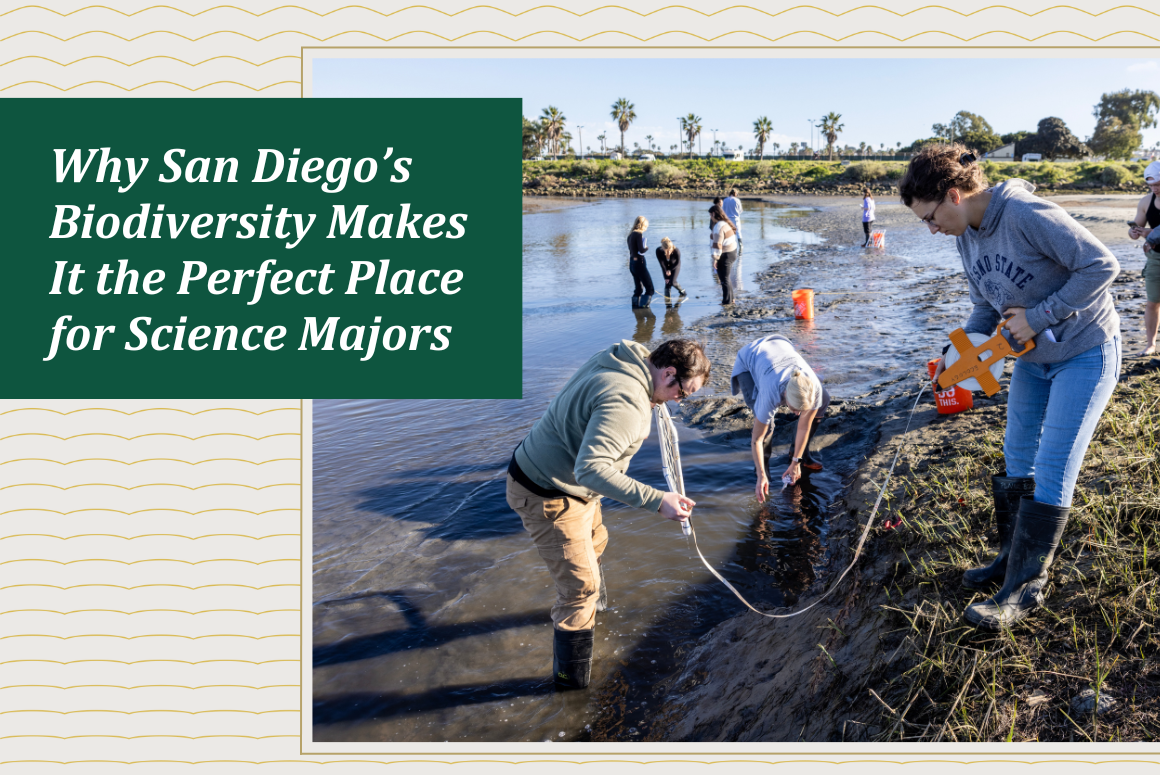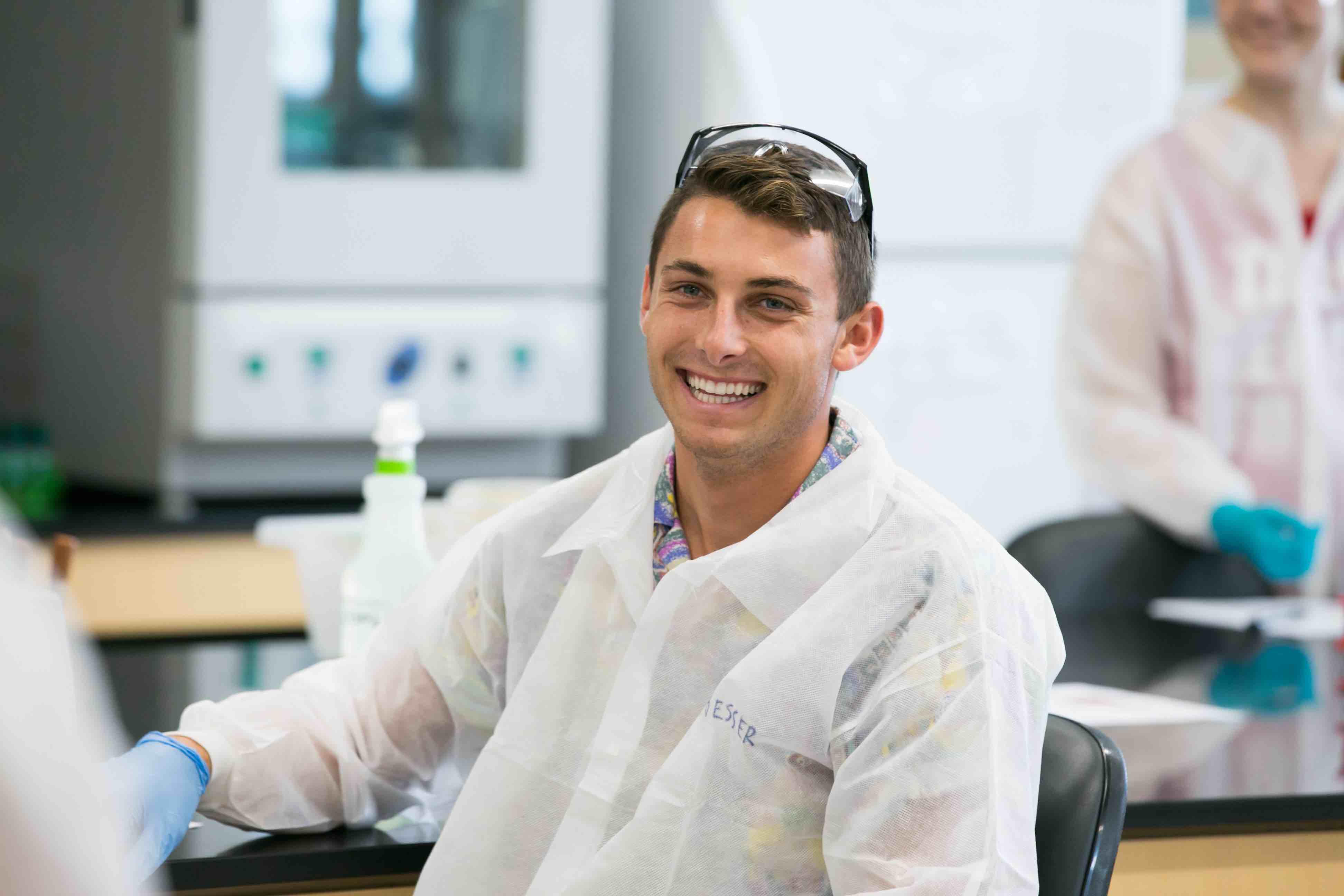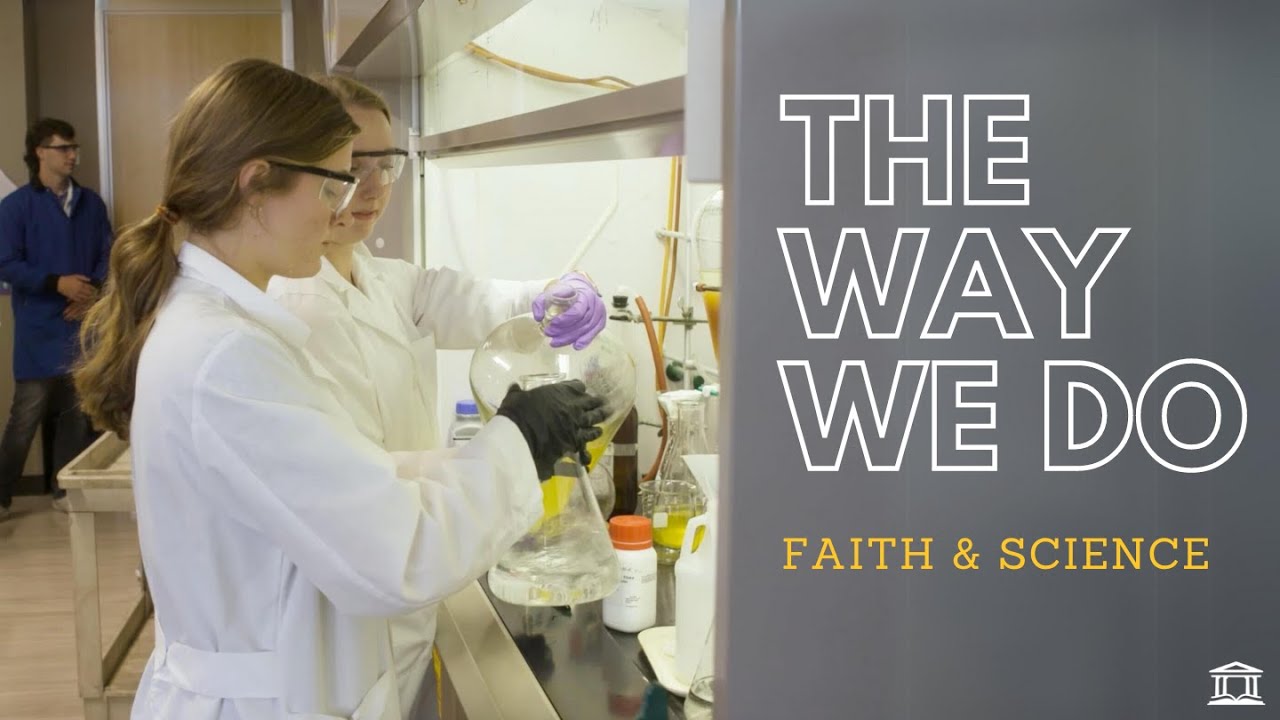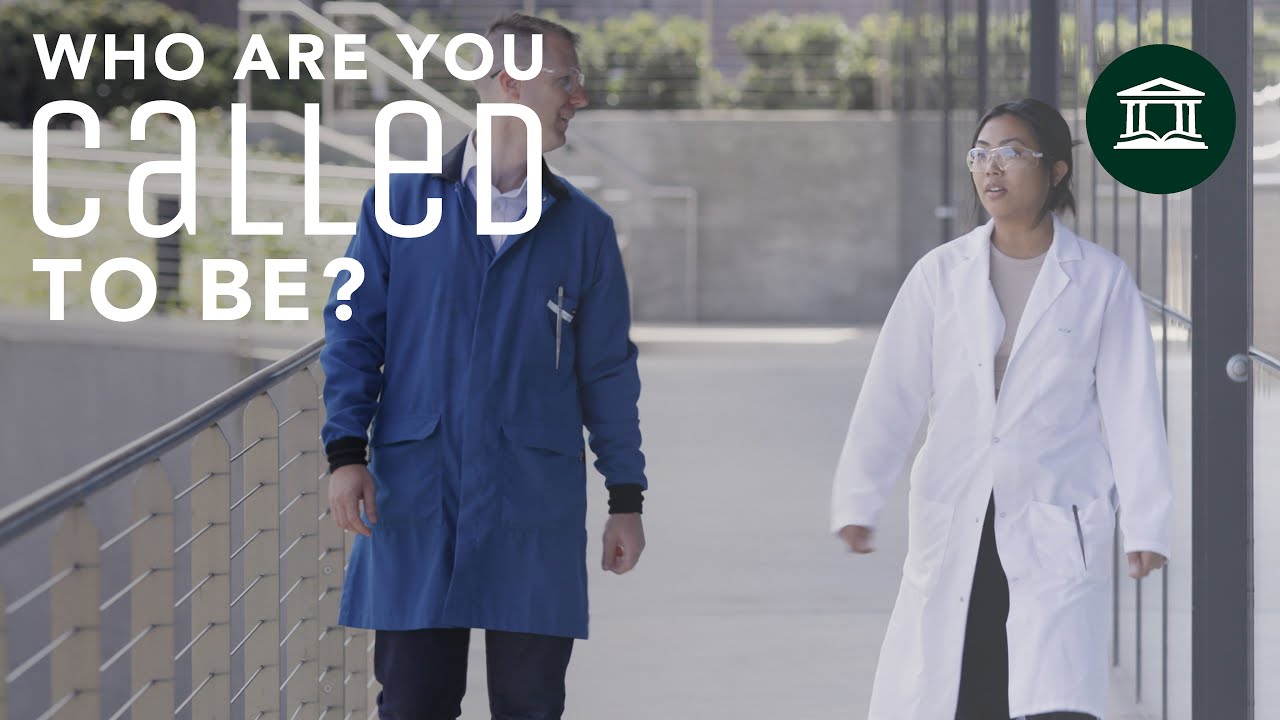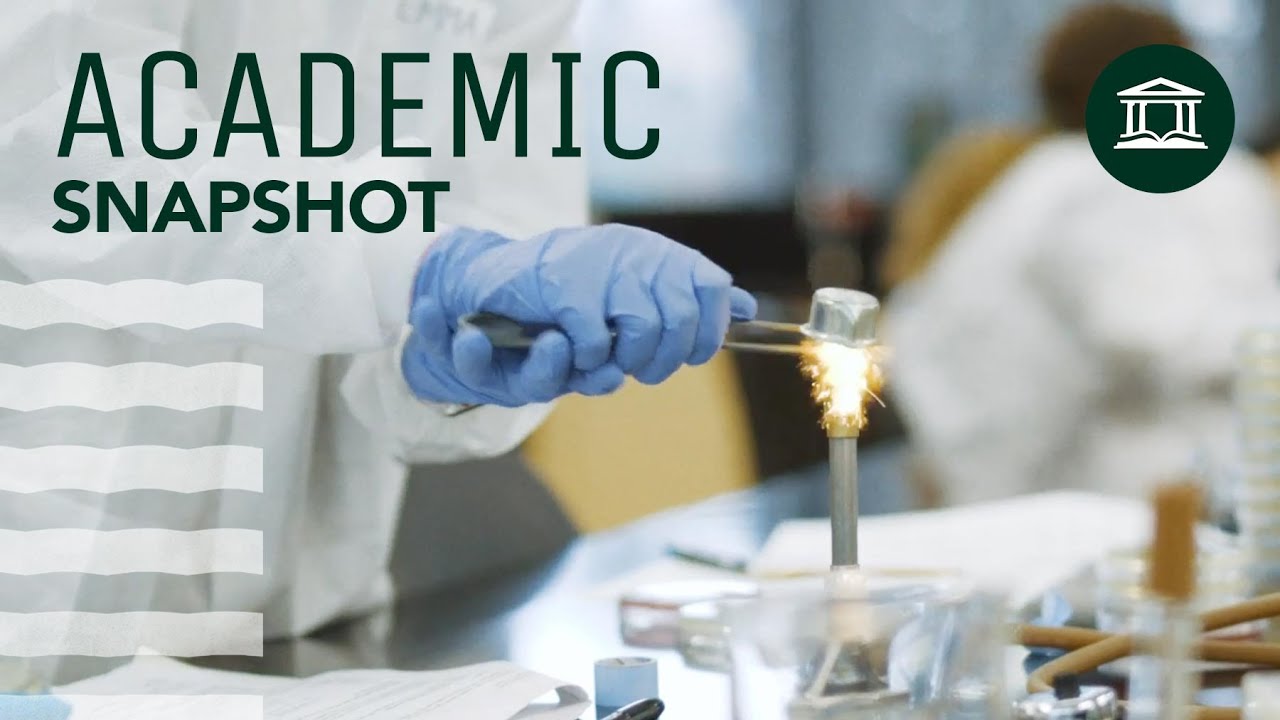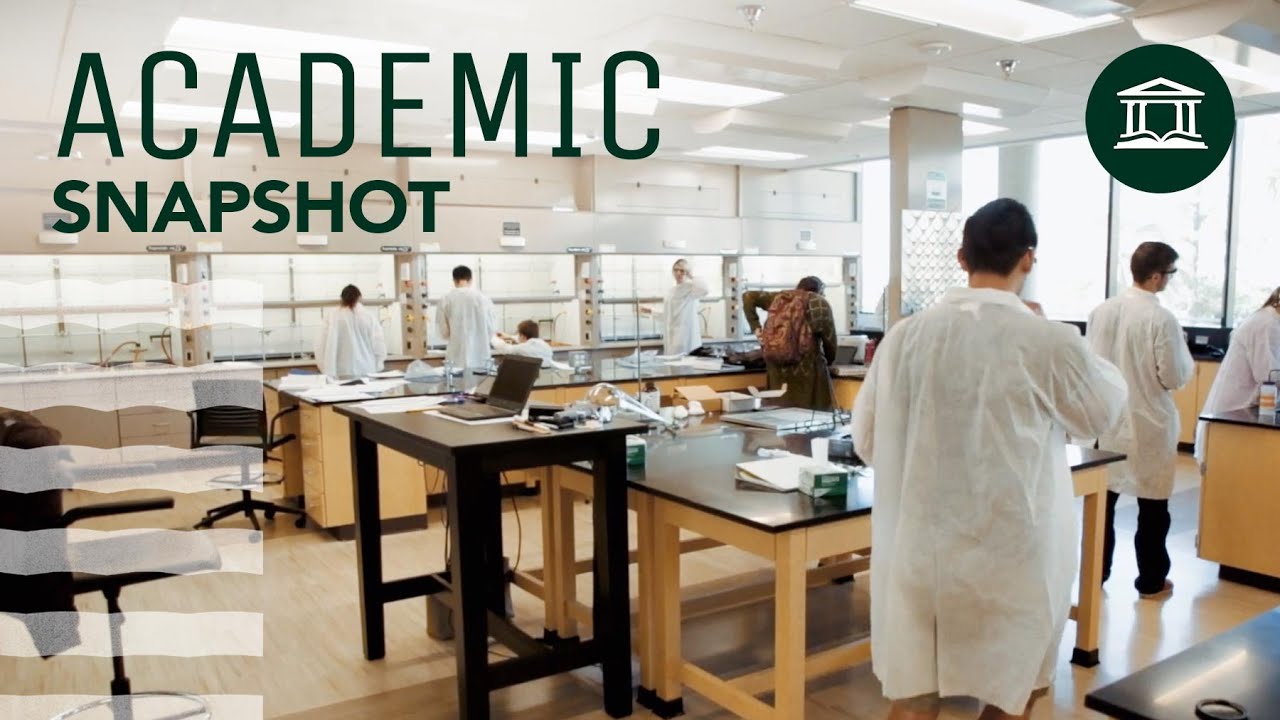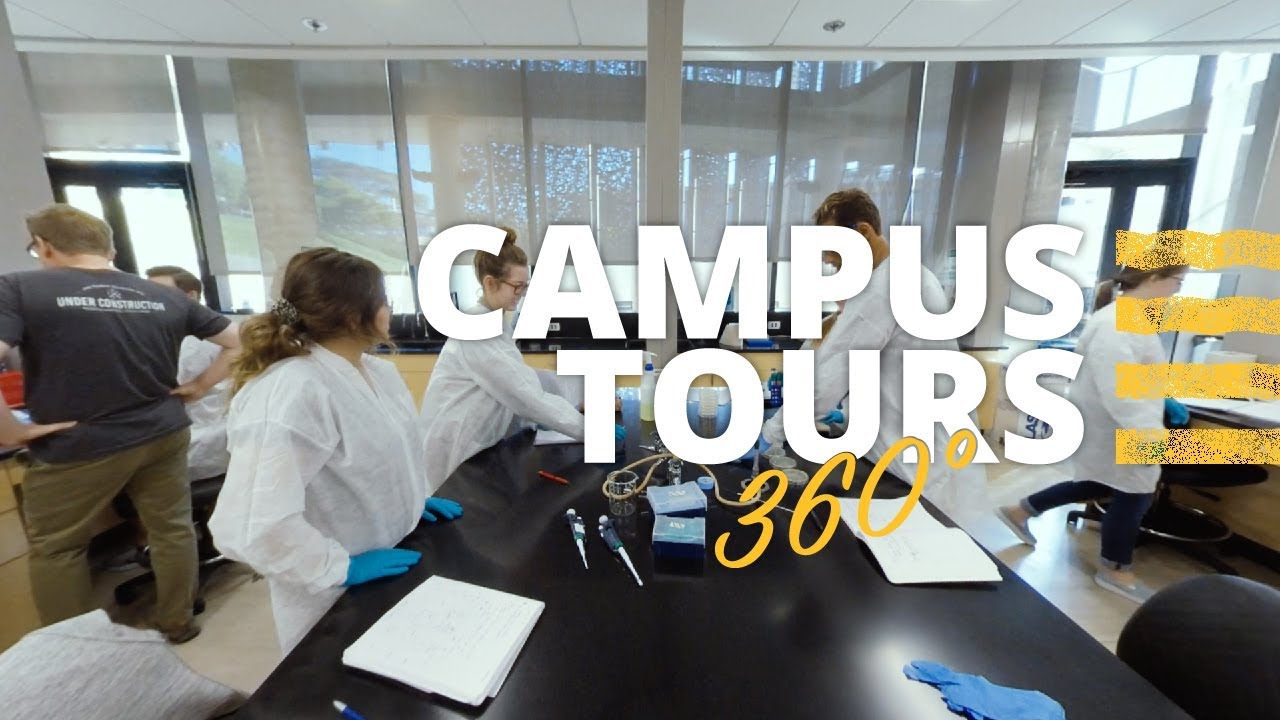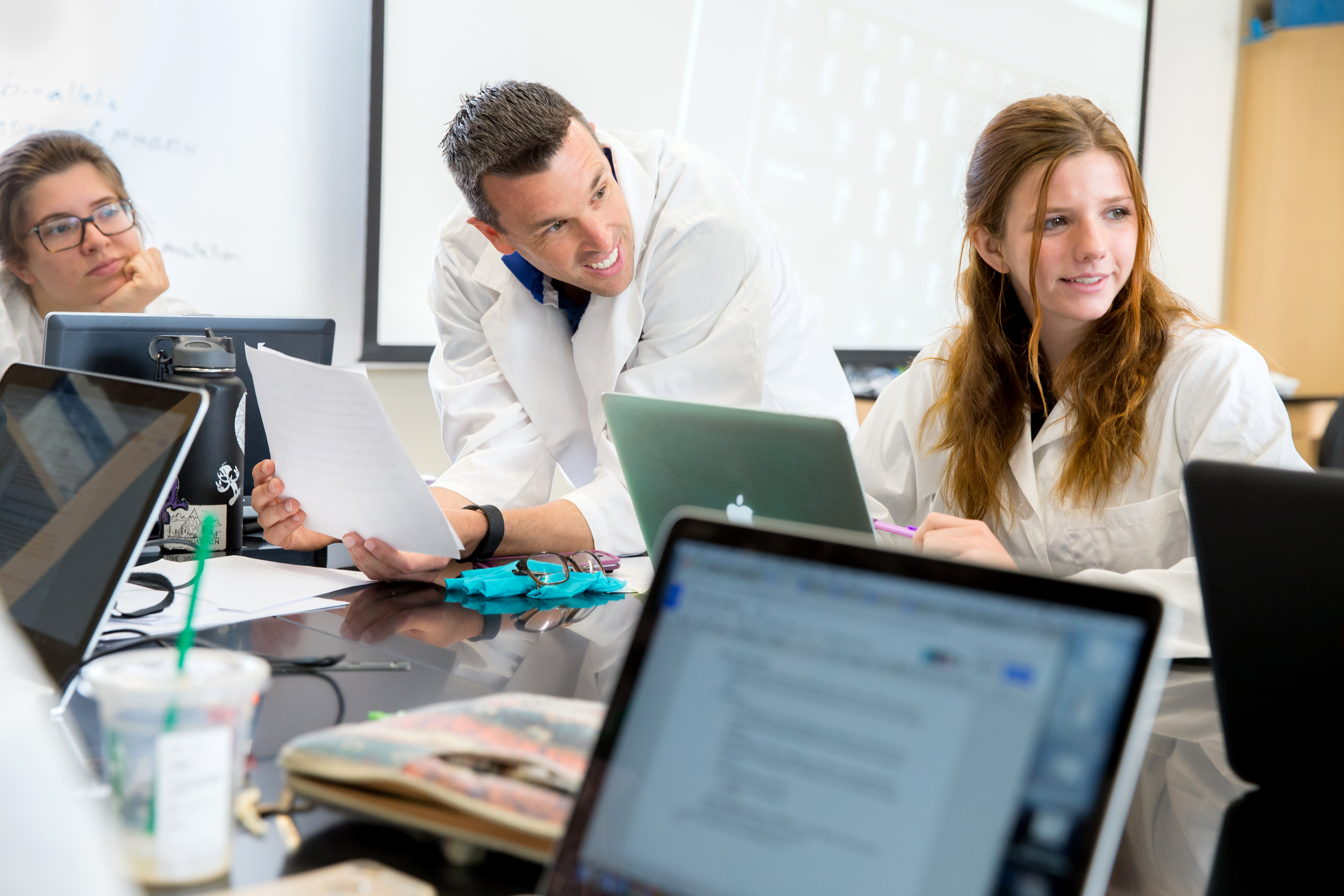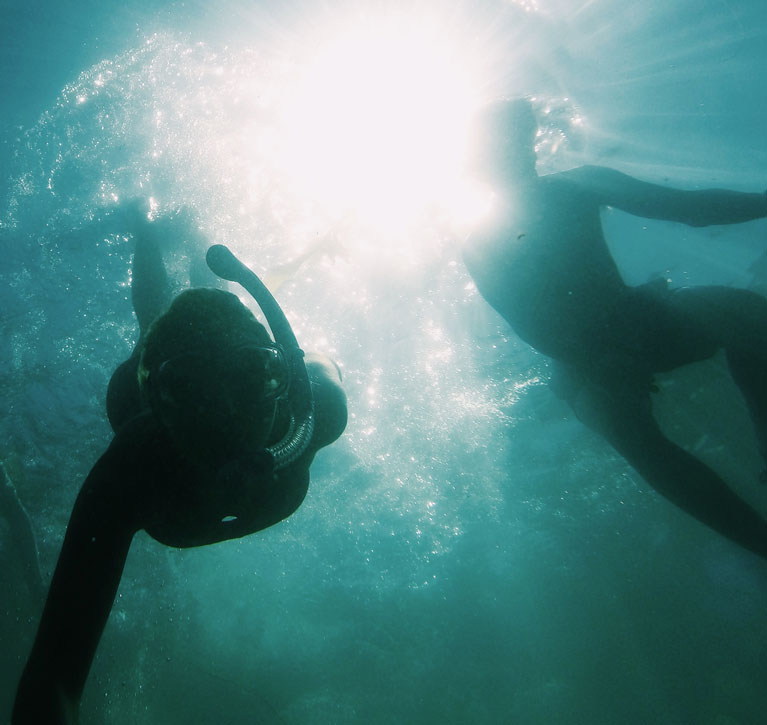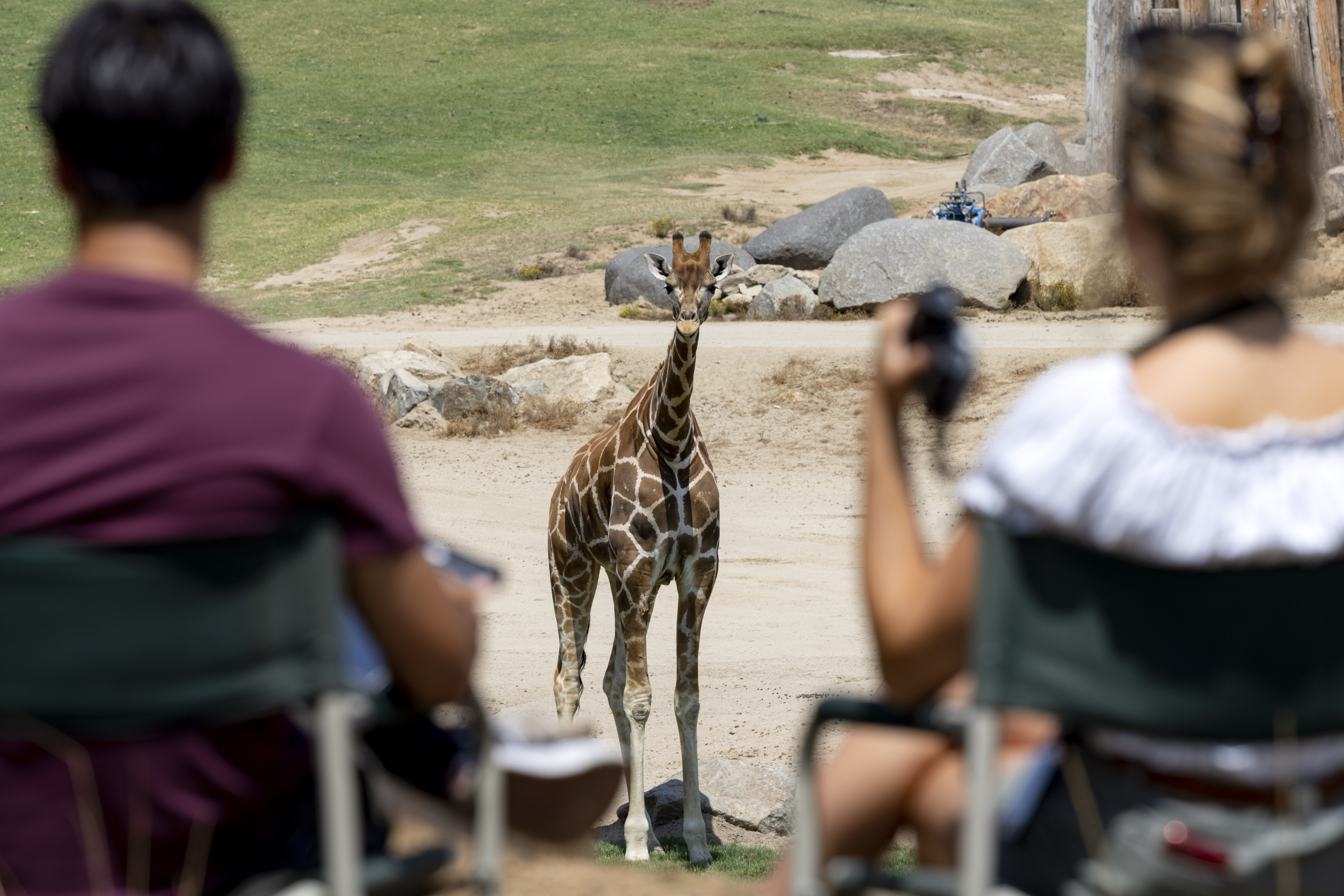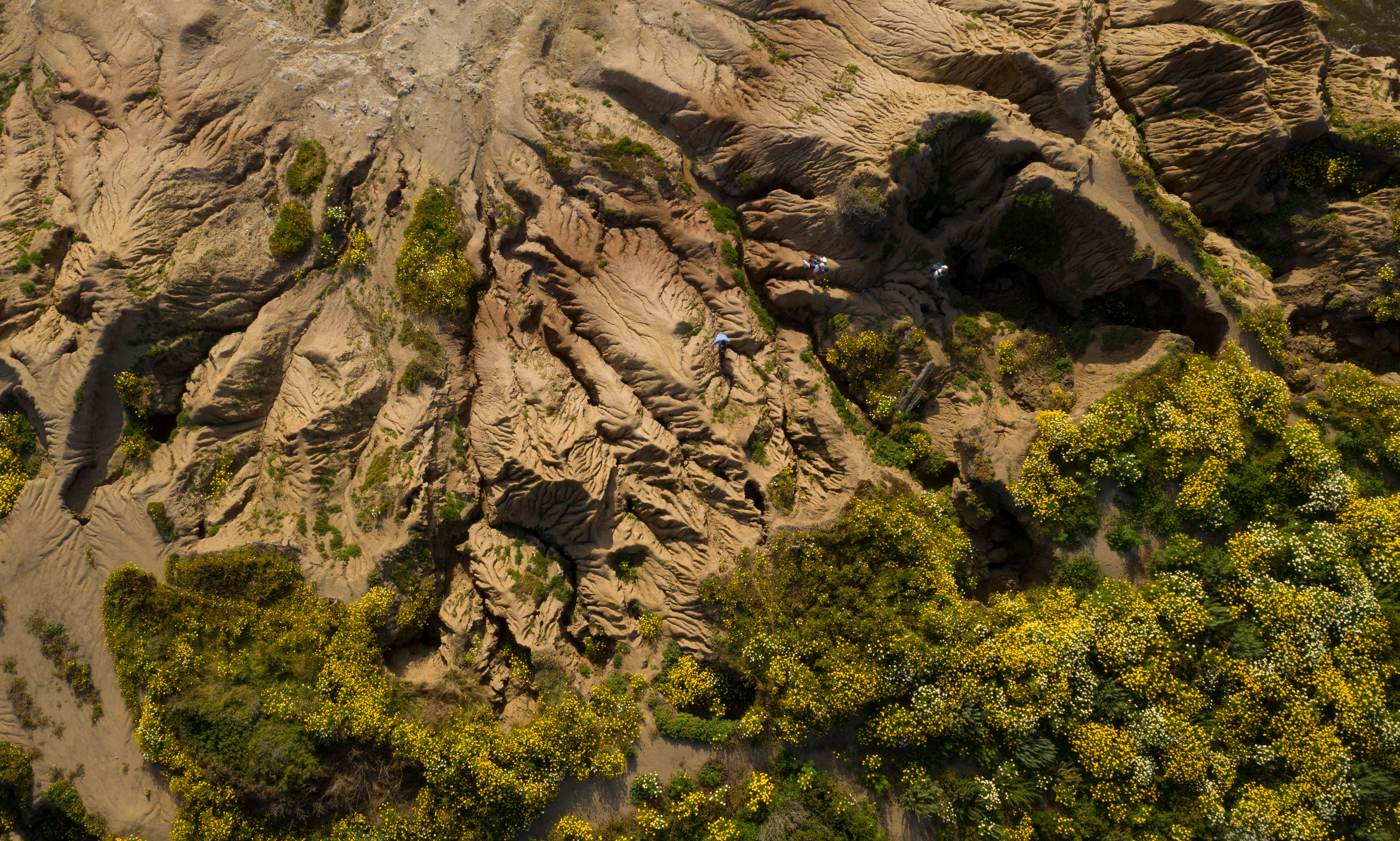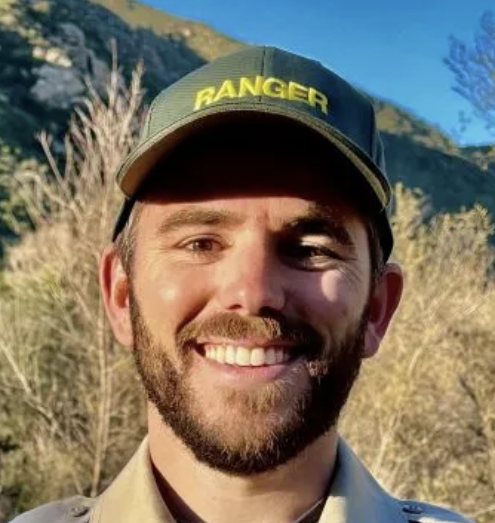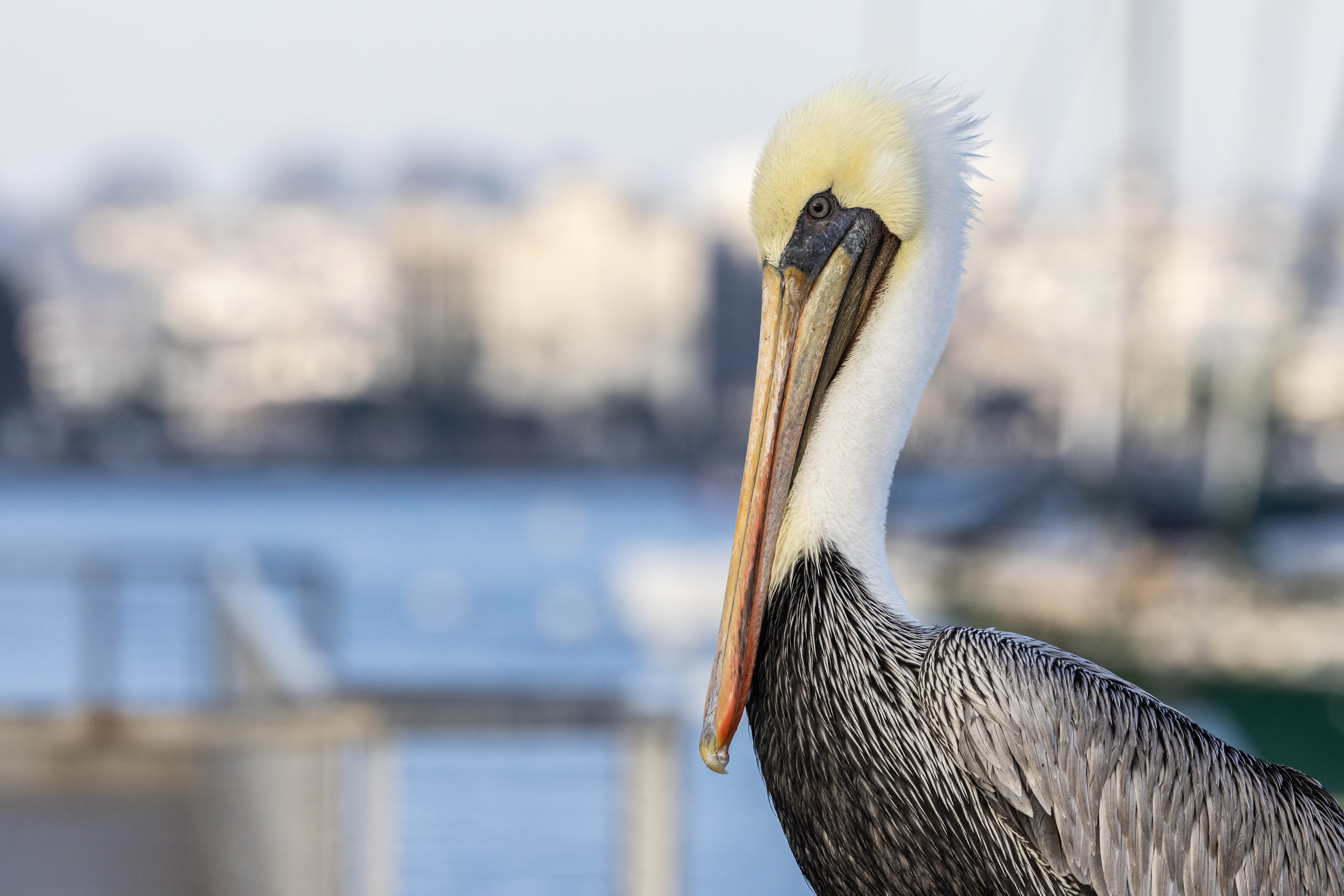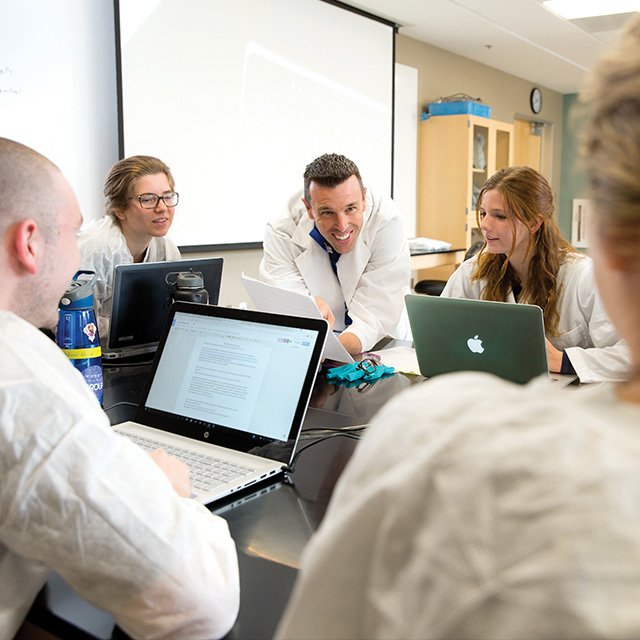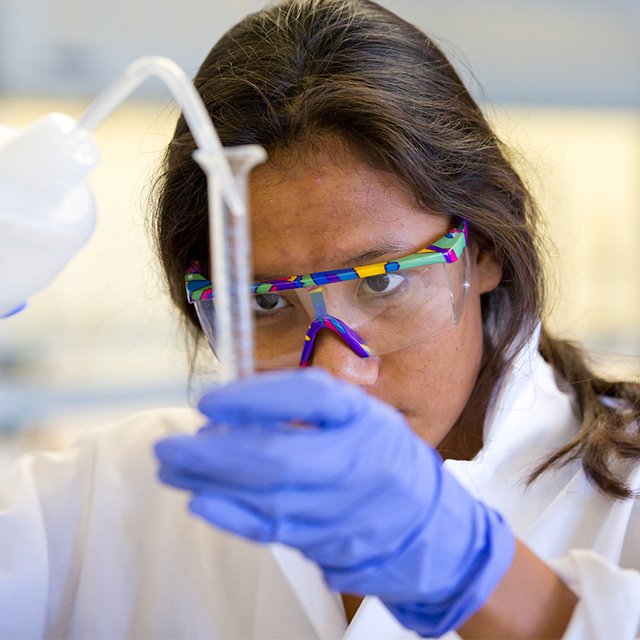PLNU’s Environmental Science B.S. equips you to study, protect, and restore the natural world through both rigorous science and field-based learning. With a curriculum that integrates biology, chemistry, physics, and mathematics alongside courses in economics, sociology, and political science, you’ll gain the interdisciplinary perspective needed to solve today’s most pressing environmental challenges.
Why Choose Environmental Science at PLNU?

Off-Campus Field Experience
As an Environmental Science student, you will complete at least 8 of your academic units in an off-campus field experience. Whether through study abroad or a summer field course, this requirement gives you the chance to expand your learning beyond PLNU and engage with specialized courses in unique ecological settings.
Hands-On Research Opportunities
Collaborate with faculty on active research projects in both the field and the lab. Past projects have ranged from conservation ecology of big cats in Costa Rica to natural products chemistry in coral reefs.
Paid Summer Research
Join our 10-week summer research program to gain up to 800 hours of advanced lab experience across two summers. The program includes free housing, a stipend, and opportunities to co-author publications with faculty.
What You'll Study
Your coursework combines foundational sciences with interdisciplinary electives that connect environmental issues to politics, philosophy, and society. You’ll study topics like ecology, conservation biology, chemistry, and environmental policy, while gaining practical training through:
- Field-based labs and research
- Off-campus environmental programs
- Faculty-assisted projects in biology and chemistry
You’ll graduate ready to make an impact through science, research, policy, or education, equipped to protect and restore the world we share.
